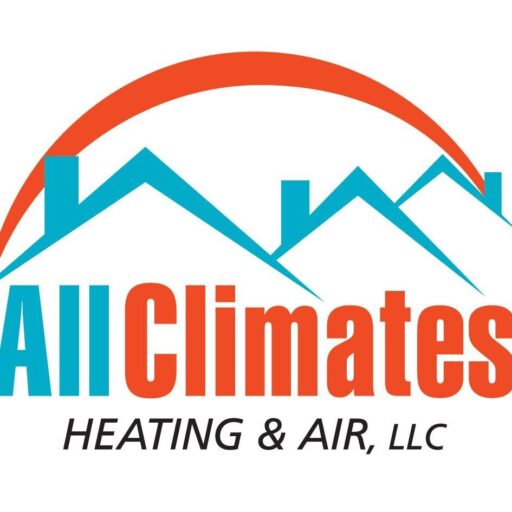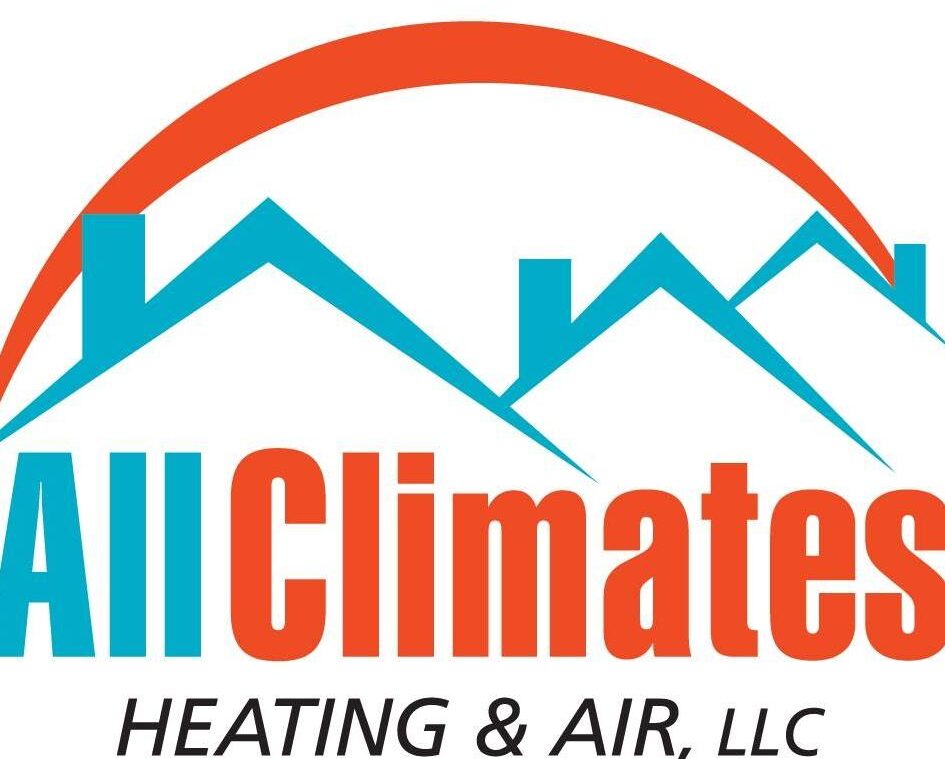In recent years, there has been a growing awareness of the environmental impact of various aspects of our daily lives, including the heating, ventilation, and air conditioning (HVAC) systems in our homes and buildings. As we strive to reduce our carbon footprint and combat climate change, it is important to understand how our HVAC systems contribute to environmental degradation and what steps we can take to minimize their impact.
HVAC systems play a significant role in our daily comfort and well-being, but they also account for a substantial portion of energy consumption and greenhouse gas emissions. In fact, according to the U.S. Department of Energy, heating and cooling systems are responsible for about 48% of the energy use in a typical home. This means that the operation of HVAC systems has a direct impact on the environment through the release of carbon dioxide and other harmful emissions into the atmosphere.
So, what can we do to reduce the environmental impact of our HVAC systems? Here are some tips to help you minimize your carbon footprint and contribute to a more sustainable future:
1. Upgrade to Energy-Efficient Systems: Consider replacing your old HVAC system with a more energy-efficient model. Energy-efficient systems are designed to use less energy while still providing the same level of comfort. Look for systems that have a high Seasonal Energy Efficiency Ratio (SEER) rating for air conditioners and a high Annual Fuel Utilization Efficiency (AFUE) rating for furnaces.
2. Regular Maintenance: Proper maintenance of your HVAC system is essential for optimal performance and energy efficiency. Schedule regular inspections and tune-ups to ensure that your system is running smoothly and efficiently. This will not only extend the lifespan of your system but also reduce energy consumption and emissions.
3. Use a Programmable Thermostat: Installing a programmable thermostat allows you to set specific temperature levels for different times of the day, reducing unnecessary energy use when you are not at home or asleep. This simple adjustment can help you save energy and lower your utility bills.
4. Seal and Insulate: Proper insulation and sealing of your home can prevent air leaks and improve the efficiency of your HVAC system. Insulate your windows, doors, and walls, and seal any gaps or cracks that may be allowing air to escape. This will help maintain a consistent indoor temperature and reduce the workload on your HVAC system.
5. Utilize Natural Ventilation: Take advantage of natural ventilation whenever possible by opening windows and doors to allow fresh air to circulate through your home. This can help reduce the need for mechanical cooling or heating and lower energy consumption.
By implementing these simple yet effective strategies, you can minimize the environmental impact of your HVAC system and contribute to a more sustainable future. Making conscious choices about how we heat and cool our homes can have a significant impact on reducing energy consumption, lowering greenhouse gas emissions, and preserving the health of our planet for future generations. Let’s all do our part to make a positive difference in the fight against climate change.

